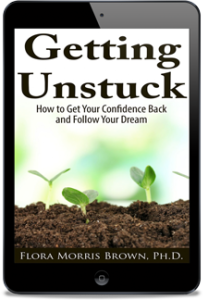 Our efforts to be happy and successful often cause us to imitate other people.
Our efforts to be happy and successful often cause us to imitate other people.
We certainly can and must learn from others, but there is a problem if we do that at the expense of never finding out who we are. It’s especially problematic when we disguise and numb our feelings.
We can’t help but feel vulnerable when we step into being our authentic, imperfect and yet worthy-of-love selves, but it’s the only path to joy and happiness.
Shame is the root of our lack of authenticity. It’s universal. We all experience that “not good enough” feeling.
In her research on the power of vulnerability, Brene Brown, researcher, author and storyteller, discovered that people who have a strong sense of love and belonging believe they are worthy of love and belonging.
She took note of the qualities that these people share. Listen to what she shares in the video below and find out what you can do about it and the tremendous benefits of doing so. Then share what you think in the comments.
 “Nerves and butterflies are fine – they’re a physical sign that you’re mentally ready and eager. You have to get the butterflies to fly in formation, that’s the trick.” ~Steve Bull
“Nerves and butterflies are fine – they’re a physical sign that you’re mentally ready and eager. You have to get the butterflies to fly in formation, that’s the trick.” ~Steve Bull


Recent Comments